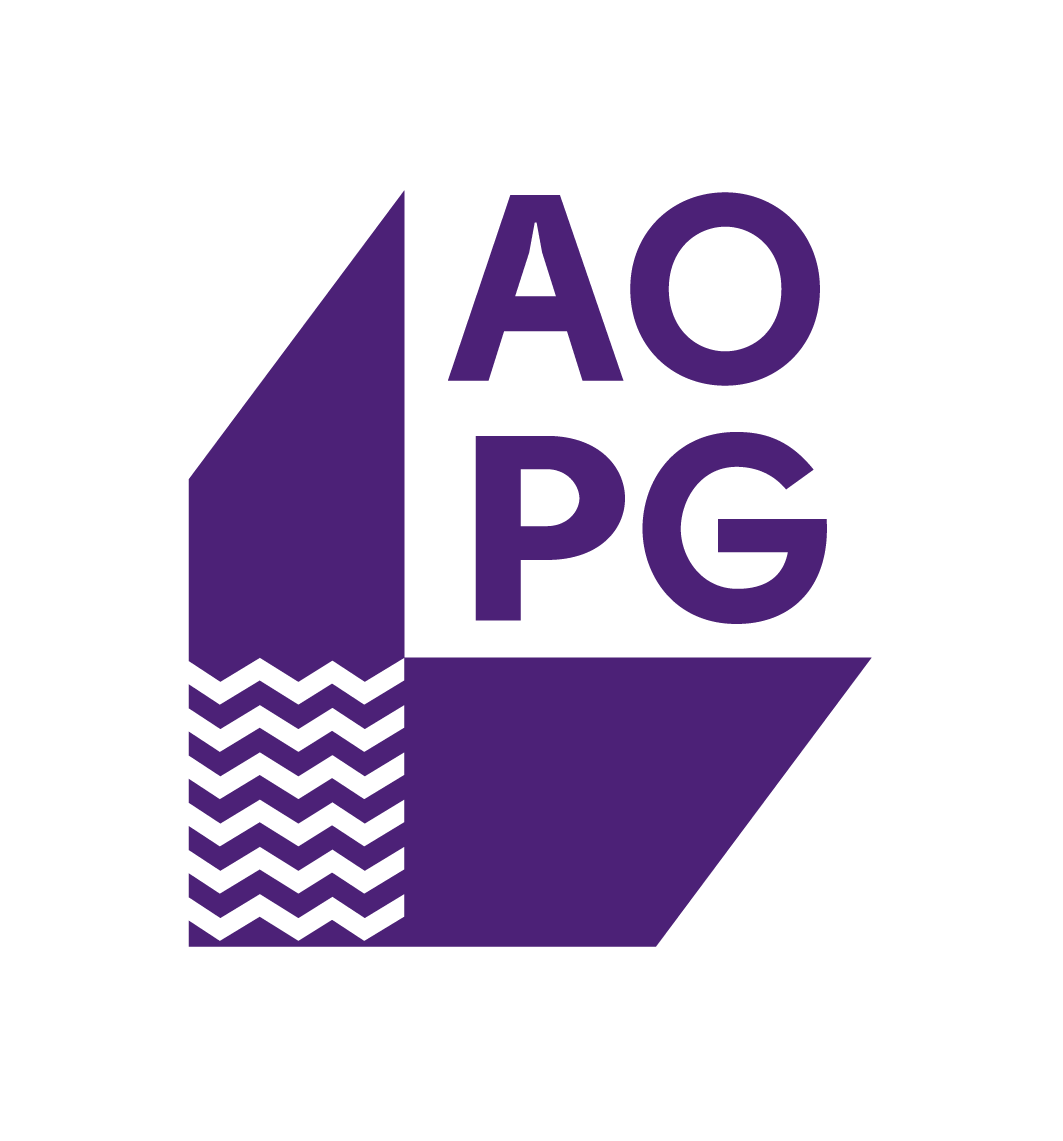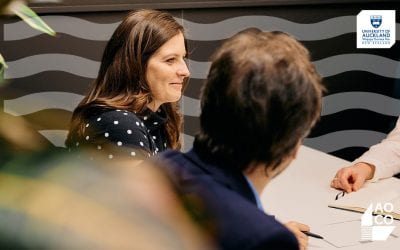
ENGINEERING

Postgraduate Certificate in Civil Engineering (Online)
PGCertCivilEng
Entry Requirements
A Bachelor of Engineering or Bachelor of Engineering (Honours) with a GPA of 2.5
OR
A Bachelors degree in a relevant subject with a GPA of 3.0
Duration
1 year (part-time)
1 Semester (full-time)
Next Start Dates
- Semester One: 3 March (applications close 17 Feb)
Full Programme Fees
$5,816
Programme Overview
The Postgraduate Certificate in Civil Engineering is a shorter postgraduate programme of 60-points providing graduates with the knowledge, skills and competencies aligned to the roles and responsibilities of Civil Engineers who design, construct, and deliver physical infrastructure systems. The PGCertCivilEng is ideal for recent and experienced Engineering graduates as well as practising engineers working in Civil engineering and related fields, who wish to upskill for practice as a Civil Engineer. In this programme, you will learn to understand, and apply principles, concepts and ideas into the context of civil engineering to deliver successful project outcomes. If you want to be able to undertake the design and construction of civil engineering infrastructure for the benefit of society, this programme is for you!
Specifically for recent and experienced Engineering graduates as well as practising engineers working in Civil engineering and related fields, the PGCertCivilEng will advance your practical and theoretical knowledge and understanding of Civil Engineering.
The PGCertCivilEng also provides a potential pathway for students into the Master of Civil Engineering if they achieve the required GPA in their programme. Contact your Programme Consultant today if you wish to learn more about this pathway offering.
The Postgraduate Certificate in Civil Engineering is a 60-point programme consisting of 4 taught courses. Each course runs over a 12-week Semester, enabling you to complete this programme in 1 year part-time, or 1 semester full-time.
The programme is divided into the following course groups: Core courses, and elective courses. For your core courses, you will be required to take ENVENG 702, either ENGGEN 730 or ENGGEN 742. For your elective courses you will be required to take two courses from the list below.
Please note that the Auckland Online courses are scheduled on rotation, and not all elective options will be available each semester. Where there are elective options, we will enquire with you on your preferred course selections prior to proceeding with your course enrolments.
|
Course Code |
Course |
Description |
Points |
|
Core courses (30 points) |
|||
|
You must take ENVENG 702 |
|||
|
ENVENG 702 |
Engineering Decision Making in Aotearoa |
Advanced systems engineering based decision making; complex problem framing including ontology analysis; cultural opportunity mapping; absolute sustainability analysis; risk threshold determination; temporal cumulative effects; and effective consultation. Independent research is undertaken to solve a complex engineering decision making problem. |
15 |
|
You will take either ENGGEN 730 or ENGGEN 742: |
|||
|
ENGGEN 730 |
Management Skills for Project Professionals |
Core theories and their implications for the art and practice of project management in organisations. |
15 |
|
ENGGEN 742 |
Project Management |
Planning, organisation and control of projects in ordered environments. Application of project management principles, concepts, disciplines, tools, techniques and processes to the typical project lifecycle. Studies in the knowledge areas/domains defined by the Project Management Institute (PMI). Development of a range of skills, tools and techniques to become an effective project manager. |
15 |
|
Elective courses: (30 points) |
|||
|
CIVIL 702 |
Design of Earthquake Resistant Foundations |
Observed behaviour of foundations during earthquakes. Site investigation and laboratory testing to estimate values for required soil parameters. Earthquake induced foundation actions. Shallow and deep foundations subject to earthquake excitation. Soil-foundation-structure-interaction. Force-based and displacement-based design. Earthquake induced earth pressures on stiff retaining structures. An independent foundation design project is required. |
15 |
|
CIVIL 715 |
Advanced Structural Concrete |
Design and detailing of prestressed and precast concrete components. Advanced mechanics of reinforced concrete members subject to axial, flexure, shear, and torsion actions. Design of state-of-art low-damage concrete structural systems. Includes an independent concrete design project and an independent research project on past failures of concrete structures. |
15 |
|
ENVENG 746 |
Surface Water Quality Modelling |
Advanced specialist topics in modelling of lakes and rivers. Specific topics covered include response to different loadings applied to surface water systems, and modelling of organic matter, dissolved oxygen consumption, eutrophication, and toxic substances. The core taught skills are extended by an individual project in which independent research is undertaken to solve a challenging surface water quality engineering problem. |
15 |
|
ENGGEN 737 |
Engineering Risk Management |
The theory and practice of risk management, providing a comprehensive approach to identify, analyse, and treat risks inherent in engineering projects. Critical analysis and synthesis of risk management frameworks to deliver outcomes in scenarios of uncertainty and to communicate plans at a professional level. An independent project is undertaken in which students apply risk management theories to engineering projects. |
15 |
|
ENGGEN 739 |
Cost Engineering |
Key concepts, theories and principles used in cost engineering such as cost planning, cost estimating, cost control, cost analysis and engineering economics. Application of cost engineering in project management practice. |
15 |
|
ENGGEN 743 |
Applied Creative Thinking |
Application of inventive problem solving and creative thinking to formulate novel engineering solutions. Theories, tools and techniques to assist with generating innovative ideas are reviewed and evaluated. Techniques for improving the creativity of teams are critiqued. Develops skills in the facilitation and leadership of virtual and face-to-face workshops to help teams solve complex problems. Practical application of the concepts are synthesised to solve case study scenarios, live problems from industry, and students’ individual problem scenarios. |
15 |
For all official programme information, including regulations about entry, enrolment, fees, examinations, and requirements for degrees, diplomas and certificates, see the University Calendar.
As a graduate of the PGCertCivilEng, you will be able to:
- Apply knowledge of mathematics, natural science, engineering fundamentals and Civil Engineering to the solution of engineering problems
- Identify, formulate, study literature and analyse engineering problems reaching substantiated conclusions using principles of mathematics, natural sciences and engineering sciences
- Conduct investigations of complex problems using scholarly methodologies, analysis and interpretation of data, and synthesis of information to provide valid conclusions
- Design solutions for engineering problems and design systems, components or processes that meet specified needs with appropriate consideration for public health and safety, cultural, societal, and environmental considerations.
- Create, select and apply appropriate techniques, resources, and modern engineering and IT tools, including prediction and modelling, to complex Civil Engineering problems, with an understanding of the limitations
- Communicate effectively on engineering activities with the engineering community and with society at large, such as being able to comprehend and write effective reports and design documentation, make effective presentations, and give and receive clear instructions
- Apply ethical principles and commit to professional ethics and responsibilities and norms of engineering practice
- Recognise the need for, and have the preparation and ability to engage in independent and life-long learning in the broadest context of technological change
- Apply reasoning informed by contextual knowledge to assess societal, health, safety, legal and cultural issues (including the principles of Te Tiriti o Waitangi) and the consequent responsibilities relevant to professional engineering practice and solutions to complex engineering problems
- Understand and evaluate the sustainability and impact of engineering work in the solution of engineering problems in societal and environmental contexts
Postgraduate Certificate in Civil Engineering – Enquire Now
What Scholarships Am I Eligible For With 100% Online Study?
If you’re feeling stuck in your job or you’re simply looking for a new challenge, a career change can shake things up and find your passion. But before you make the leap, here are a few things you need to think about!
How to Get Employer Funding for 100% Online Postgraduate Programmes & Courses
If you’re feeling stuck in your job or you’re simply looking for a new challenge, a career change can shake things up and find your passion. But before you make the leap, here are a few things you need to think about! We explore the reasons why employers should sponsor their employees’ postgraduate study and how employees can secure funding from their employers.
What Types of Student Loans Am I Eligible For With 100% Online Study?
Embarking on postgraduate study can be a big decision, with personal finances to take into consideration. You could be eligible for a student loan via Studylink if you enrol in an Auckland Online programmes.




